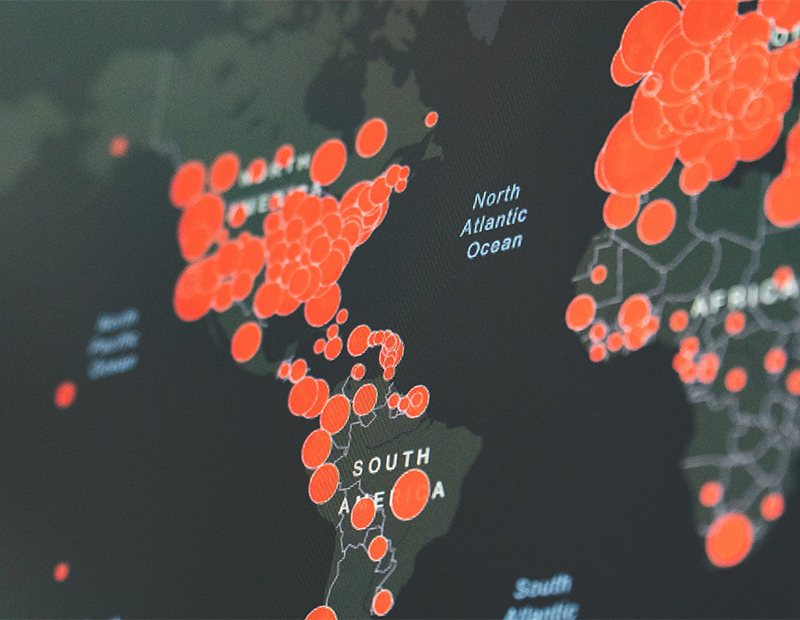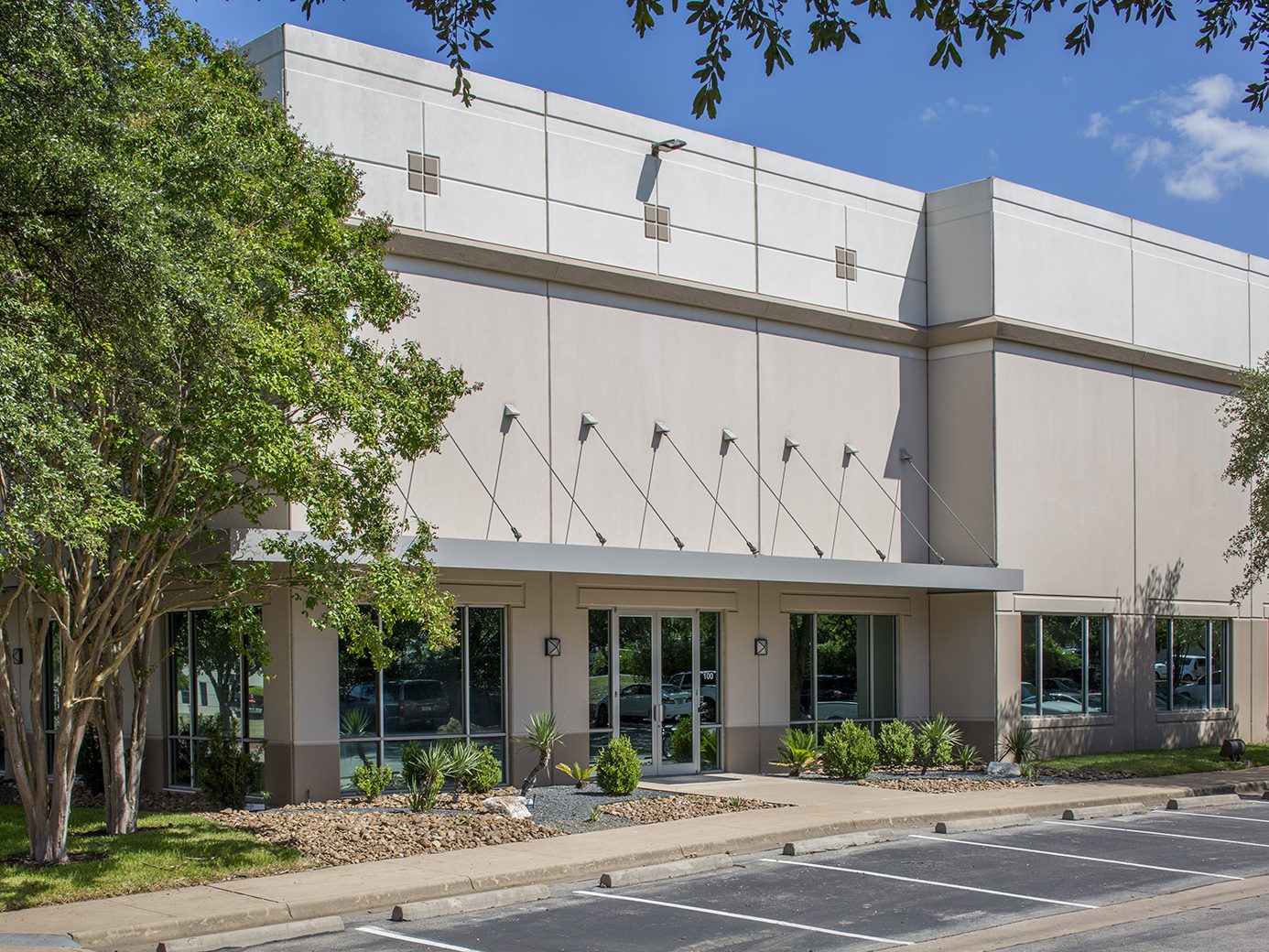Coronavirus Fallout for North American CRE Firms to Vary
Some sectors are poised to weather the impact of COVID-19 while others will be under substantial strain, according to DBRS Morningstar.
North America’s highest-rated commercial real estate companies probably won’t have to shutter their doors due to fallout from the coronavirus, but a great percentage will have to brace for setbacks, according to new commentary from DBRS Morningstar. In the commentary, entitled The Impact of the Coronavirus Disease (COVID-19) on REITs and CRE Companies in Canada and the U.S., the credit ratings agency notes that there are many variables at play.
READ ALSO: Coronavirus Forces Brokers to Go Remote
“The impact of the pandemic will affect commercial real estate companies to varying degrees, depending on factors such as lease terms and the type of tenant (necessity-based or not), debt maturity profiles and access to liquidity,” Chris Wimmer, vice president with DBRS Morningstar, told Commercial Property Executive. Perhaps the main factor in determining CRE companies’ level of vulnerability to the coronavirus is sector type, and in some cases, subsector type.
While there certainly won’t be any winners in this pandemic-stricken climate, owners of retail properties leased to businesses selling consumer necessities are expected to go unscathed. Necessity-based retailers—offering such requisite commodities as food, household goods and medical supplies—will experience ongoing demand from customers and, therefore, will be able to meet rent obligations on leased space. And with online ordering continuing to be a source for essential items, the industrial sector’s logistics and distribution properties will remain in high demand as a vital part of the e-commerce supply chain. Additionally, owners and operators of long-term care properties will likely remain stable, given that this subsector of senior housing is highly regulated and backed by reliable government funding.
REITs with portfolios of multifamily apartments or single-family rentals are among the least vulnerable CRE players right now, as housing is a basic necessity, the importance of which is reinforced by shelter-in-place mandates. Finally, office properties located in central business districts will also remain somewhat protected due in no small part to the prevalence of long-term leases with investment-grade tenants like financial institutions, professional services firms and government agencies.
Loss in the time of coronavirus
DBRS Morningstar expects discretionary retail to take a significant hit in the COVID-19 environment, as consumers refrain from purchasing non-essential products—clothing, accessories, electronics—in a bid to decrease financial expenditures amid pandemic-induced economic instability. Upscale retailers that cater to a high-income clientele will be susceptible as well. “The greater the extent that the luxury-based retail requires store visits in order to exist, the greater the risk its business model is under,” Wimmer said. Additionally, experiential destinations like cinemas and such open-concept facilities as fitness centers are suffering an abrupt cessation of all revenue as they’re forced to close up shop in the face of social distancing regulations. For CRE owners and landlords, discretionary retail tenants’ loss of revenue could lead to the occupants’ failure to honor lease agreements. Mall owners, forced to shut down entire portfolios of regional and super-regional shopping centers for an indeterminate amount of time, face a notable threat of rental income loss.
Hotels will also be under substantial strain in the near term. Given the lodging sector’s close connection to the economic cycle, hotels are among the most volatile CRE sectors in general, and they’re among the most vulnerable to COVID-19. “We see hotels as being on the front lines of the global war on the coronavirus and thus highly exposed to reduced demand for lodging as a result of social distancing and increasing travel restrictions,” DBRS Morningstar noted in the commentary.
As the U.S. and Canada brace for the worst ramifications of the coronavirus, CRE companies can only wait and see how much damage their business will sustain. “Best case is, this ends soon without placing further stress on more CRE sectors,” Wimmer concluded. “Worst case is the pandemic morphs into a global depression, which affects all sectors of the economy, thereby pressuring all CRE—this is not the scenario that we are contemplating in our real estate analysis.”









You must be logged in to post a comment.